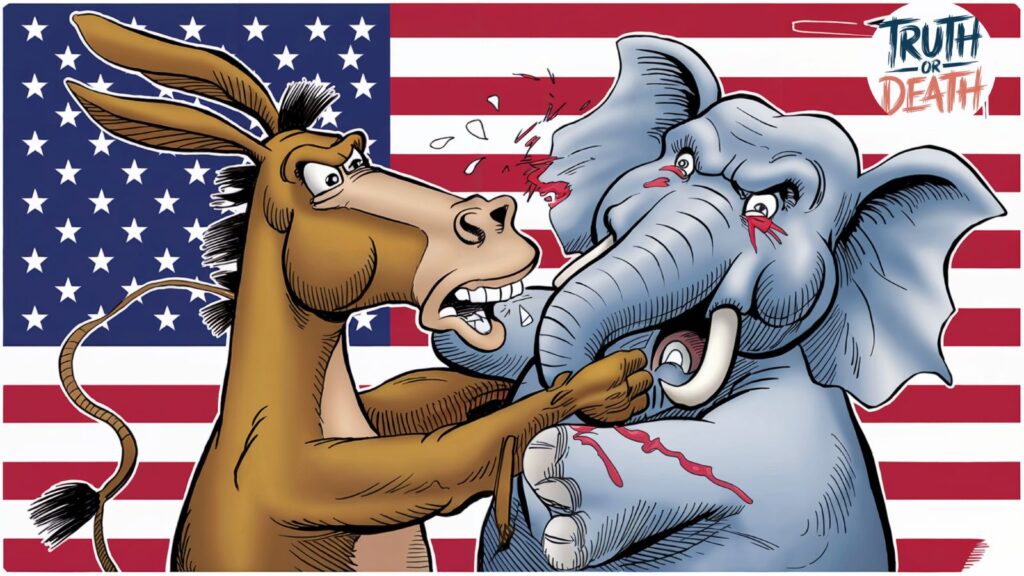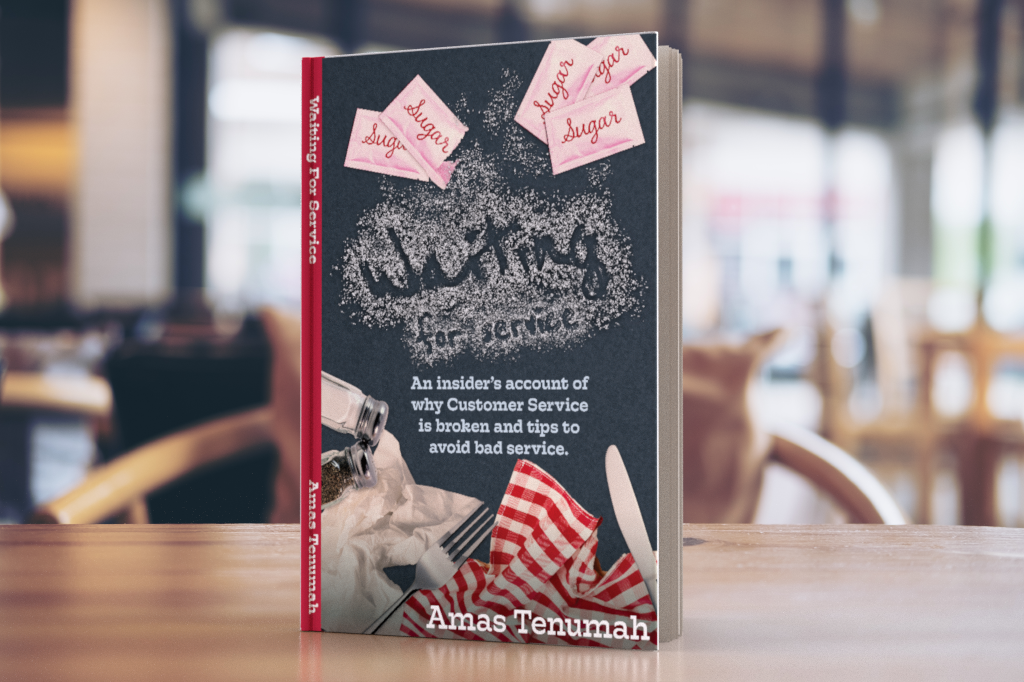I do not write about politics for two reasons. The first is that politics is a game that rewards the loudest voices with nothing of substance to say. Those who espouse overly simplistic solutions to complex problems are amplified, while those with more nuanced and substantive views are silenced.
The second reason is that it is unreasonable to expect people to discuss politics rationally. Political leanings are driven by emotional makeup, and political discourse attacks a core part of one’s identity. This is why, in political discussions, very few minds change.
What is politics about?
The reason political conversations often feel like matters of life and death is because they are, at their core, conversations about violence. Mao Zedong said, “Politics is war without bloodshed, and war is politics with bloodshed.” Plato figured out over 2,000 years ago that the primary concern of politics is to moderate violence through institutions.
Humans are a violent bunch, and we all agree that violence should be limited as much as possible. Politics is the tool we use to decide who gets to moderate violence. The political winners moderate violence through public works (to encourage good behavior) and law and order (to punish bad behavior). Without this system, every individual would be free to use violence to achieve their ends, and civilization would collapse.
The reason your uncle cannot calmly discuss politics is that political discussion is about something much more fundamental than just who you voted for. It is a proxy for discussing violence—the stakes are high. Aristotle reaches the same conclusion in his famous work The Republic, where he argues that politics is ultimately about moderating violence justly.
Justice is the debate at the heart of politics.
Here is where it gets tricky: People define justice in largely two different ways. For the advantaged, justice is about the freedom to be left alone to do as they please or to take over the world. For many disadvantaged people, justice is about equality of opportunity—or even equality of outcome. There is certainly overlap between these two groups, but it’s a useful model for understanding the divide.
People who have not experienced injustice can talk about justice conceptually and intellectually, but those who have experienced injustice personally are focused on unfairness. It is visceral. It is why victims of violence cannot see violence in the abstract. When someone with power over you is unfair, your mind, soul, and body are focused on removing that person or group from power. Everyone is going around screaming for justice and fairness, but they have very different definitions of what those terms mean.
My country, America
My country, has issues of justice that span far beyond today’s topics. We have a history of corporations taking reckless risks and being bailed out by society, while the masses are sent to financial ruin over necessary medical expenses. Ordinary citizens are sent to jail for crime, but corporate looters walk away with severance packages. When social justice institutions grow to be just as corrupt as the institutions they purport to speak out against. Add race to this mix, the ever-present, piquant ingredient in the American cake, and it becomes clear: no, it is not as simple as the rising cost of eggs, as the loud mouths online and on TV would have you believe.
Truth vs. Politics
My allegiance is to finding truth, but politics has never been about truth, and it never will be. It is not supposed to be—it’s why we are in a never-ending cycle of unity and tension, with villains and heroes swapping jerseys like the end of a soccer match.
Political discourse designed to change hearts and minds is not productive. At best, it is theater; at worst, it fuels rage. We should instead seek to understand one another.
Your otherwise rational uncle who can’t have a rational conversation about politics is not crazy. Instead of condemning him, seek to understand what justice means to him, and if you’re lucky, maybe he will seek to understand what justice means to you.
If this seems like an unfair burden, remember—it is the way of the sages.
“Be tolerant with others and strict with yourself.” – Marcus Aurelius
My aims are never to tell you what to do. I respect you too much for that.
Oh, one more thing: turn off the television and stop surfing the web. There is no truth there.
Now that we have a shared model to understand politics, my next series of letters aims to help you think about what’s next.
Amor fati


